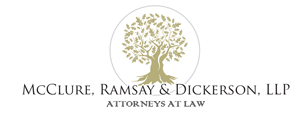If you sustained injuries in an accident that another negligent party caused, you may wish to file a personal injury claim for damages. Typical damages in Georgia personal injury cases include medical expenses, lost wages, loss of earning potential, property damage and pain and suffering. However, in rare cases, the courts may award punitive damages. What are punitive damages, and when is it appropriate to claim them?
According to FindLaw, punitive damages — otherwise known as “exemplary damages” or “vindictive damages” — are damages the courts award when aggravating factors exist and in order to punish, penalize or discourage a defendant. If you wish to punish the defendant, your claim must explicitly pray for punitive damages. Moreover, you must be able to prove through clear and conclusive evidence that the respondent’s actions were of the willful, fraudulent, malicious, wanton or oppressive nature, or that the defendant show a complete disregard for others’ safety and/or the consequences of his or her actions.
In most cases, Georgia law limits punitive damage awards to $250,000. It does, though, make exceptions for certain wrongdoings. For instance, if the cause of action results from product liability, the jury does not have to limit the amount of punitive damages to $250,000 or less. However, the defendant in a product liability case may only pay one punitive damage award for the same act or oversight, regardless of how many causes of action exist. If the jury awards punitive damages in product liability cases, 75% of the amount awarded, less litigation, attorney and court fees, must go to the state’s treasury.
Georgia also does not cap punitive damages in cases in which it finds that the defendant acted or failed to act with the explicit resolve to cause injury; while intoxicated because of drugs, alcohol or any ill-gained prescription medication; or after intentionally consuming aerosol, glue or some other toxic substance with the intent of becoming impaired.
This article should not be used as legal advice. It is strictly for educational purposes.
